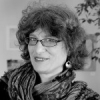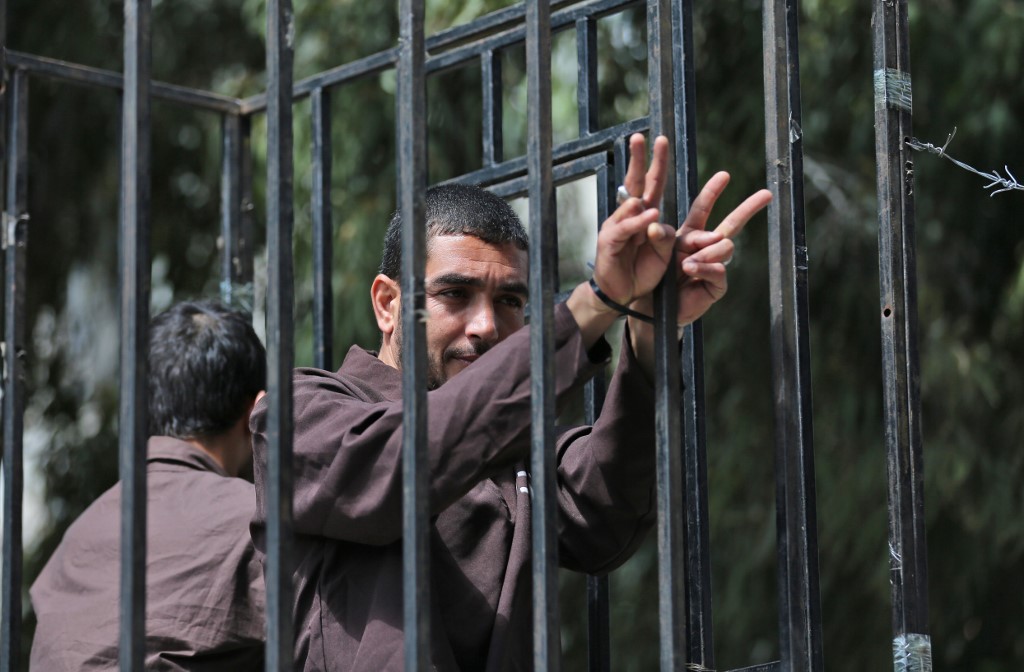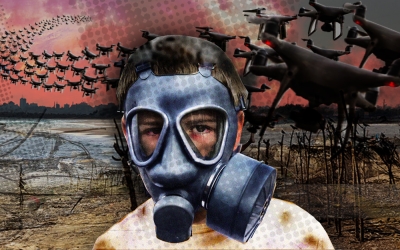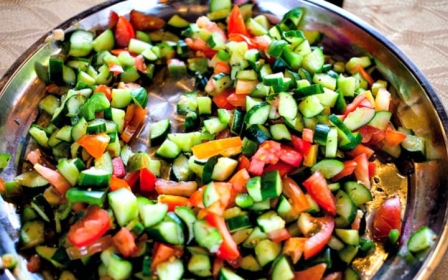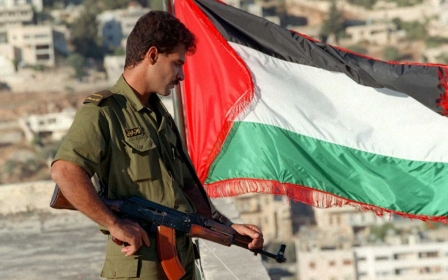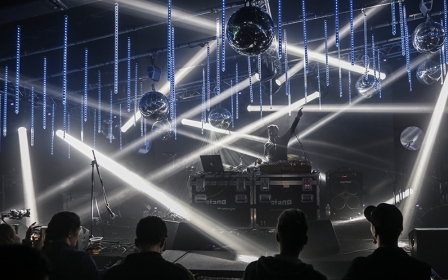From Palestine to the US, festival highlights a common struggle
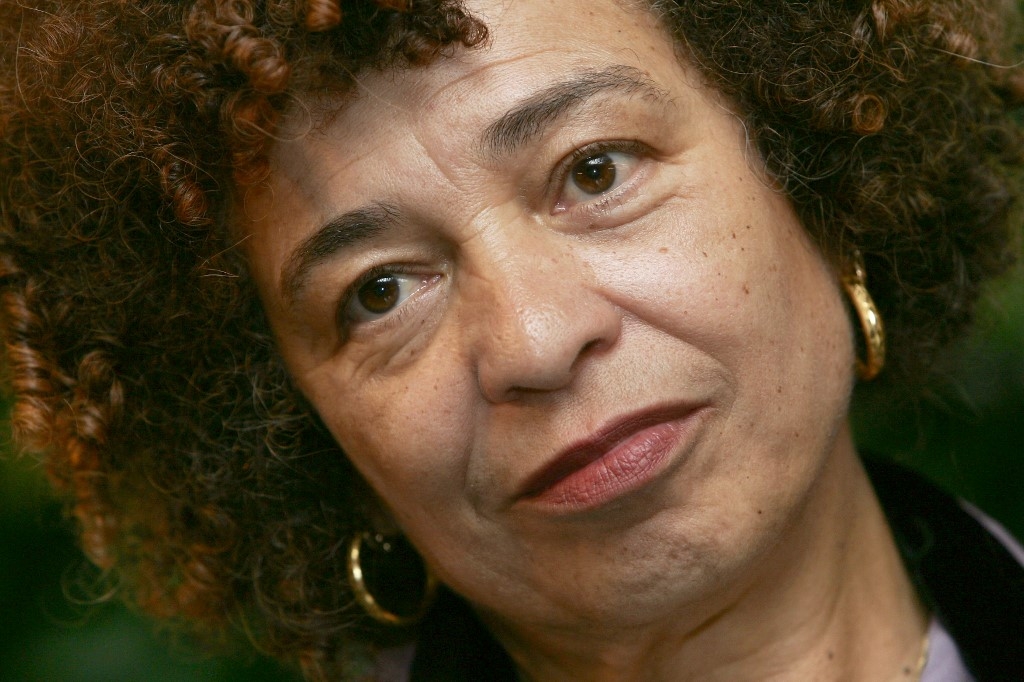
“One of its charming miracles is that through its form, poetry can resist the content of authoritarian discourse,” writes Palestinian poet Mourid Barghouti.
“By resorting to understatement, concrete and physical language, a poet contends against abstraction, generalisation, hyperbole and the heroic language of hot headed generals and bogus lovers alike. Poetry remains one of the astonishing forms in our hands to resist obscurantism and silence.”
It seems perfectly appropriate, then, that the first major North American festival of Palestinian literature, Palestine Writes - set to take place in New York University next March - will open with a lineup of Palestinian poets from the homeland and the global diaspora, asserting our right to express our own realities and experiences, away from the obscurantism, generalisations, and the hyperbole of authoritarian discourse.
Supporting justice
From Dareen Tatour’s poem “Resist, My People, Resist Them”, which led to her arrest and imprisonment in Israel on charges of “incitement through social media”; to Remi Kanazi’s observation on his grandmother’s Nakba experience that “We will return/That is not a threat/Not a wish, a hope or a dream/But a promise”; to Rafeef Ziadah’s defiant “We Teach Life, Sir”, which questions the Zionist narrative that vilifies Palestinians - along with many others - the festival promises to showcase the diversity, breadth and depth of Palestinian culture today.
Palestine Writes will be “three days of readings, talks, and performances celebrating Palestinian literature”, as it brings together writers, artists, publishers, booksellers and scholars to read, present work, and have conversations about art, literature, and the intersections between culture, struggle and politics.
What are the voices that no prison walls can silence telling us? How are these voices shaping our cultures?
As festival organisers explain: “The common threads uniting all participants are the love of books and support of justice for Palestine. Our festival honors the many historic personalities who have walked this path before us, and showcases living voices celebrating Palestinian life, devoted to the belief that art challenges repression and creates bonds between Palestine and the rest of the world.”
The festival “will highlight the richness of Palestinian art for a North American audience who may not have had the opportunity to experience this work due to lack of linguistic access [limited translations of Arabic literature], the severe restrictions on movement of Palestinians, and the censorship and repression of Palestinian speech in the US”, organisers note, adding that it will bring people together “in the spirit of Mahmoud Darwish’s sentiment that we ‘have the right to smell autumn’s fragrances and ask the night for a dream’.”
Political prisoners
The festival will also be an opportunity to explore the commonalities between Palestinians and other communities in struggle, especially in the North American context. One plenary will explore the parallel lives of Palestine’s Ghassan Kanafani and African-American revolutionary thinker James Baldwin, two fearless contemporaneous literary icons who never met, but were - and remain - equally influential on their communities, and far ahead of their time in the social analysis that pervaded their work.
Another plenary linking struggles from Palestine to North America will focus on “Political Prison Writing”, featuring some of the iconic letters penned by revolutionaries in North American and Israeli jails.
The panel will discuss the historic and cultural relevance of some of these writings, while also touching on contemporary writings and what they mean in our current reality, where one in every three African American men will be incarcerated in the US - a statistic similar to that experienced by Palestinians, who are convicted and imprisoned at the highest rate in the world. What are the voices that no prison walls can silence telling us? How are these voices shaping our cultures?
A panel on children’s and young adult literature, meanwhile, will focus on issues of representation in literature aimed at young audiences, and the challenges of raising children amid popular images that misrepresent the communities they identify with, and do not speak to their experiences.
History in the making
Keynote speakers include US revolutionary icon Angela Davis, a longtime supporter of Palestinian rights, whose recent book, Freedom is a Constant Struggle: Ferguson, Palestine, and the Foundations of a Movement, explores institutionalised racism and criminalisation, as well as the alliances forming to counter and overcome these oppressive systems.
The festival will close with a panel on Palestinian theatre and cinema, with a possible screening of Elia Suleiman’s It Must be Heaven, the country’s nominee for best international feature film at the 2020 Oscars.
Since publishing the festival’s website and Facebook page, organisers have been receiving a steady trickle of requests to participate - many from Palestinian writers and artists, but also, in a welcome and encouraging move, from allies near and far, who want to be part of this ambitious, history-making project. Organisers are still raising money for this major endeavour, and hope to expand the programme to include even more presenters, if they exceed their goal in time.
The views expressed in this article belong to the author and do not necessarily reflect the editorial policy of Middle East Eye.
Middle East Eye propose une couverture et une analyse indépendantes et incomparables du Moyen-Orient, de l’Afrique du Nord et d’autres régions du monde. Pour en savoir plus sur la reprise de ce contenu et les frais qui s’appliquent, veuillez remplir ce formulaire [en anglais]. Pour en savoir plus sur MEE, cliquez ici [en anglais].


